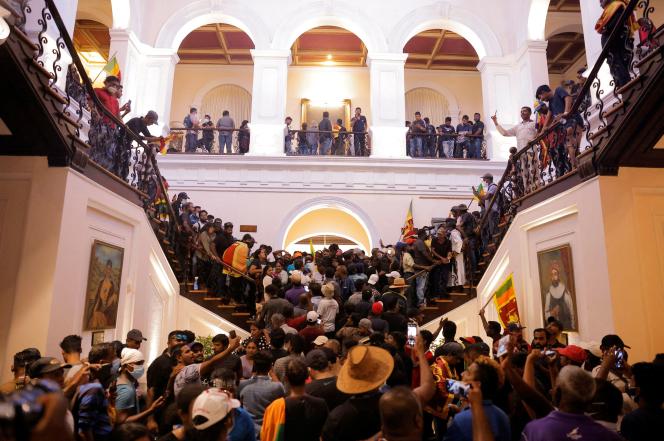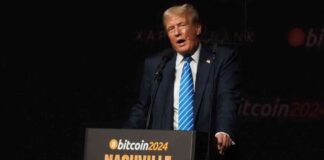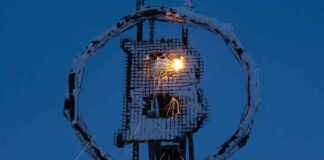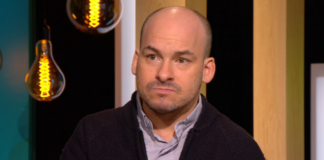Sri Lankan President Gotabaya Rajapaksa, who fled his Colombo palace on Saturday (July 9th), has said he will step down next week, according to comments reported by Speaker of Parliament Mahinda Abeywardana. “To ensure a peaceful transition, the president said he was going to step down on July 13,” he said on television.
Accused of being responsible for the unprecedented economic crisis facing the country, the head of state had to flee his palace before it was stormed by hundreds of demonstrators. Later, the mob attacked the prime minister’s residence, which it partly set on fire.
Earlier in the day, Prime Minister Ranil Wickremesinga called an emergency government meeting open to political party leaders to discuss a “swift resolution” to the ongoing political crisis. He ended up letting it be known that he was ready to resign to pave the way for a government of national unity.
“To ensure the safety of all Sri Lankans, he supports this recommendation by opposition party officials,” his office said in a statement.
Failed curfew
Local television channels showed images of hundreds of people, national flag in hand, knocking down several police roadblocks and scaling the gates of the presidential palace, in the heart of the economic capital. Some protesters streamed videos live on social media where a crowd can be seen wandering inside the palace, breaking into the residence’s offices, bedrooms and swimming pool.
This attack follows a demonstration that brought together tens of thousands of people who demanded the resignation of Mr. Rajapaksa. Security forces tried to disperse the huge crowd gathered in the administrative district of Colombo. The main hospital in the city reported three people injured by gunshots and thirty-six others suffering from breathing difficulties due to the massive use of tear gas.
The day before, an indefinite curfew had been decreed in Colombo, while thousands of demonstrators had already started to flock to demand the resignation of the president. “The curfew has not had a deterrent effect. He actually encouraged more people to take to the streets in defiance, a defense official said. Passengers requisitioned trains to reach Colombo. Even as the country has nearly used up its meager petrol reserves, protesters, backed by the main opposition parties, have also hired private buses to travel to the economic capital.
Poor economic management
Short of foreign currency due to poor economic management and the impact of the crisis caused by the Covid-19 epidemic, this island country is encountering difficulties in importing, in particular essential products, which is causing serious shortages of medicine, food and fuel. The United Nations estimates that around 80% of the population is skipping meals to cope with shortages and soaring prices. The 22 million inhabitants have also suffered runaway inflation and prolonged power cuts since the start of the year.
In April, Sri Lanka defaulted on its $51 billion foreign debt and entered bailout talks with the International Monetary Fund. The following month, many demonstrations had broken out. Nine people had been killed and several hundred injured during unrest in the country.

















